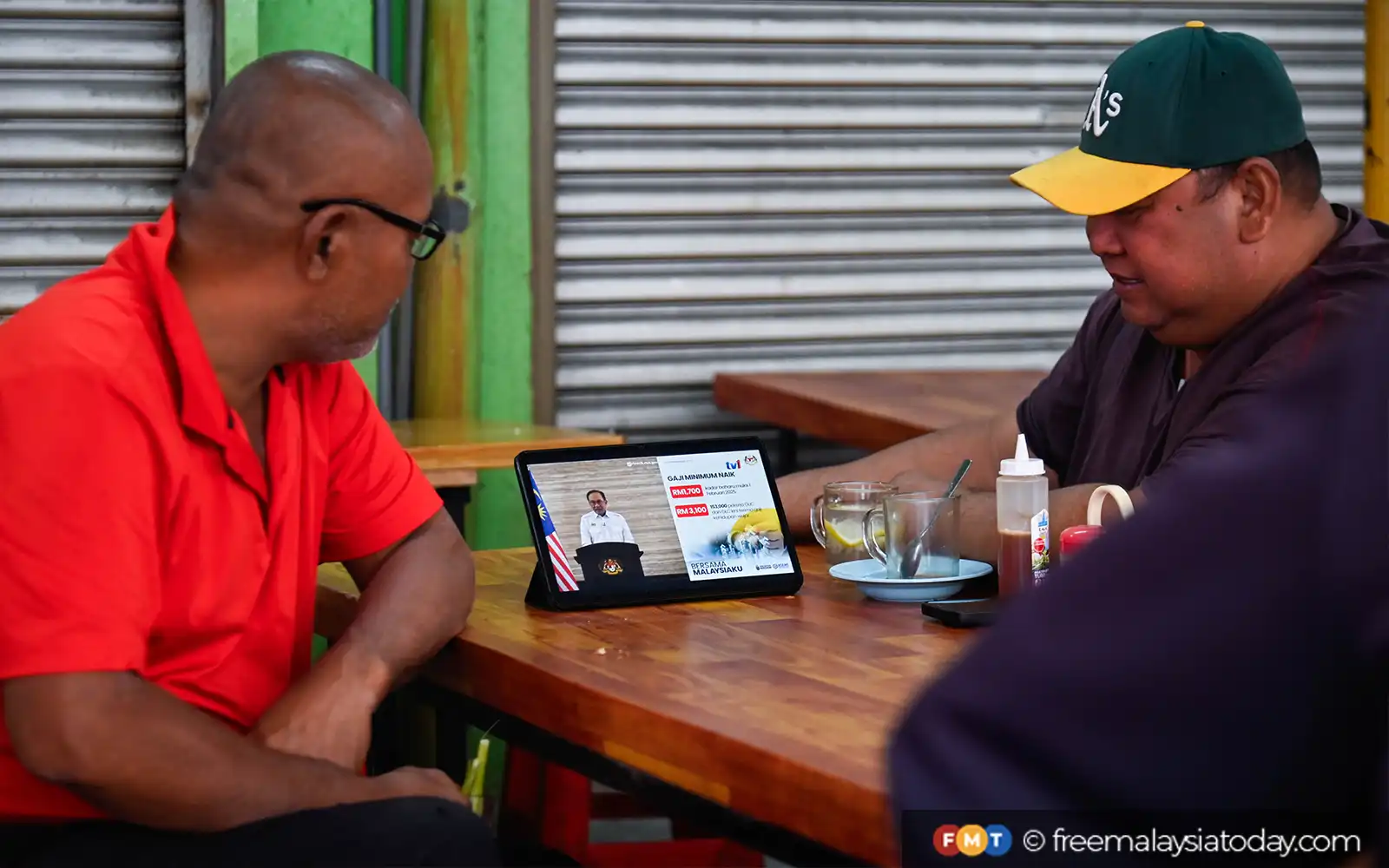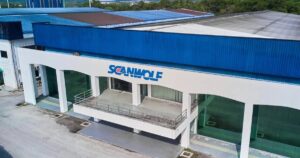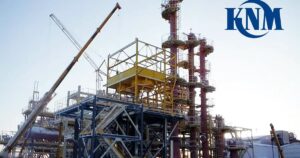
From Muhammed Abdul Khalid
The government recently announced a rakyat assistance package, the headline measures of which included a reduction in RON95 petrol price, one-off cash aid of RM100 for all adults, and a freeze on toll rate hikes.
While these moves sound rakyat-friendly, in reality, they are wasteful, regressive, and fail to address the root causes of hardship for Malaysians.
Let’s break it down.
Petrol subsidies: rewarding the rich, ignoring the poor
The government is currently spending RM20 billion to RM23 billion annually to subsidise RON95 petrol. In the coming months, fuel prices are expected to be reduced even further by six sen. But who benefits the most?
Certainly not Mak Cik Kiah riding a kapcai or driving her old Kancil to the pasar. Instead, it is those filling up their luxury SUVs, such as Alphards, twice a week who are reaping massive benefits from a system that disproportionately favours high fuel consumption.
Data shows that one-fifth of B40 households do not own any vehicles, compared to the 100% car ownership among T20 households. These poorer households receive no benefit from petrol subsidies, yet help fund them through taxes, particularly through indirect taxes such as the recently expanded sales and service tax.
A mere six-sen drop in fuel prices could result in an additional RM2 billion to RM3 billion in subsidies, much of which would again flow into the fuel tanks of the well-off.
On average, the T20 will receive nearly three times more fuel subsidies than the B40. This is clearly a policy that favours the wealthy, an absurd outcome in any system that claims to be just.
RM100 for all, even the rich
Another move is the RM100 one-off cash handout to all adults under the Sumbangan Asas Rahmah (SARA) programme, at a cost of RM2 billion to the government.
There is no question that RM100 means a lot to those in need. This should not be dismissed or belittled. Perhaps policymakers intended for everyone, regardless of income, to benefit from government generosity. But is it really sensible for corporate leaders, ministers, and millionaires to receive the same RM100 as daily wage earners, pensioners, or rubber tappers? Is that fairness?
Especially when the country is already RM1.6 trillion in debt, why are we giving money we do not have to people who clearly do not need it? Wouldn’t that be a textbook example of waste?
Moreover, economic growth is forecast to remain slow this year. Debt-to-GDP is unlikely to meet the 60% target under the new Public Finance and Fiscal Responsibility Act.
The RM5 billion earmarked for these blanket handouts could be better directed to where it actually makes a difference, instead of being thrown at everyone equally. For instance, the existing SARA programme currently channels RM100 monthly to 5.4 million low-income households and individuals. If the new RM2 billion allocation were entirely redirected to them, each recipient could receive nearly RM400 in additional aid – four times more than what is being offered now.
Wouldn’t that be more meaningful, targeted, and Madani?
The additional RM2 billion to RM3 billion in fuel subsidies would also go much further if spent on the poor. As of mid-July, about 300,000 families were officially registered as poor. If the government were truly prudent, it could distribute at least RM1,600 per family from these funds on a monthly basis between now and year-end, rather than through a meaningless one-off amount.
This would be a better way to spend RM5 billion to RM6 billion of taxpayers’ money, and a better way to stimulate the economy over the long term.
If the government truly wants to help the rakyat, it should gradually phase out blanket fuel subsidies in a systematic way and avoid populist cash giveaways to those who do not need them. The savings could be redirected to free breakfast programmes at primary schools, more investment in public transport, or the construction of new hospitals.
If nothing else, increase salaries for the police, soldiers, nurses, and teachers, or raise pensions for retirees. That would be far better than giving unnecessary handouts to the rich.
In other words, much more can be done with RM5 billion to RM6 billion than doling out cash to those who do not need it.
Don’t squander the nation’s taxes or its long-term economic future through reckless spending. With global headwinds mounting, we need smart spending, not blanket handouts that favour the wealthy while leaving the poor behind. Continuing with these regressive policies will not only strain our fiscal position but also deepen inequality.
If these trends continue, it will not be reform but social injustice.
Muhammed Abdul Khalid is a research fellow at the Institute of Malaysian and International Studies at UKM and a fellow at the World Inequality Lab at the Paris School of Economics.
The views expressed are those of the writer and do not necessarily reflect those of FMT.






